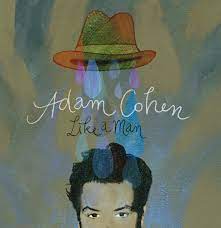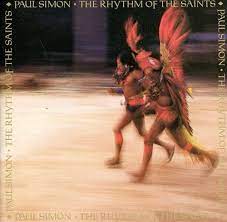Personal confession: I am an unabashed lover of rhetorical devices. Never thought I would be, not after my freshman year at St. John’s College, reading what Socrates says about rhetoric in Plato’s Gorgias and other dialogs. And it is not favorable:
…the rhetorician need not know the truth about things; he has only to discover some way of persuading the ignorant that he has more knowledge than those who know…
But then I became a writer and user of (I hope) beautiful language, and was fortunate to take Margie Lawson’s excellent course in deep editing, in which she taught a number of rhetorical devices. It was an eye-opener.
And zeugma is one of my favorite rhetorical devices because it invariably makes me smile—and smiling is good, right? Zeugma, per Merriam-Webster, is “the use of a word to modify or govern two or more words usually in such a manner that it applies to each in a different sense.”
I thought of zeugma recently while listening to Adam Cohen‘s song “What Other Guy” from his album Like a Man. I really like this song, it’s on my “Favorites” playlist. The lyrics are lovely, and overall the song hauntingly speaks of unrequited love. But one phrase in particular always brings a smile:
“Seen you with nothing on but the radio”
Obviously, the woman is not wearing a radio. Or anything else.


This in turn reminded me of a song, “She Moves On,” from what might be my all-time favorite album, Paul Simon‘s The Rhythm of the Saints:
“She takes the corner that’s all she takes / She moves on”
A song about a break-up, but again, I can’t help but smile.
Actually, Paul Simon uses a lot of rhetorical devices in his songs, including on the album The Rhythm of the Saints. I listened to this album over and over again as I was writing the early drafts of my book Saving Aran in late 1990 to 1991. This verse near the end of the song “The Cool, Cool River” was in many ways the inspiration for that book:
…these streets
Quiet as a sleeping army
Send their battered dreams to heaven, to heaven
For the mother’s restless son
Who is a witness to, who is a warrior
Who denies his urge to break and run
The verse contains another rhetorical device: synecdoche. Per Merriam-Webster, this is “a figure of speech by which a part is put for the whole.” Here, the streets stand for the neighborhood, perhaps even the whole city.
If you’ve read Restless Son, you might recognize the city at the foot of the aliens’ starbase, where Cort grew up. Perhaps you might even recognize Cort, the hero of the book, the earliest drafts of which were named Restless Son.
In a recent interview, Paul Simon discussed the meaning that may be found in his music. And one thing he said in particular spoke to me:
I believe that the listener completes the song.
If this is true, then I’d like to acknowledge him here as a kind of coauthor. I listened to that album every night as I wrote the book’s first drafts, and the feel of that music certainly permeates the book. Thank you, Paul Simon!
